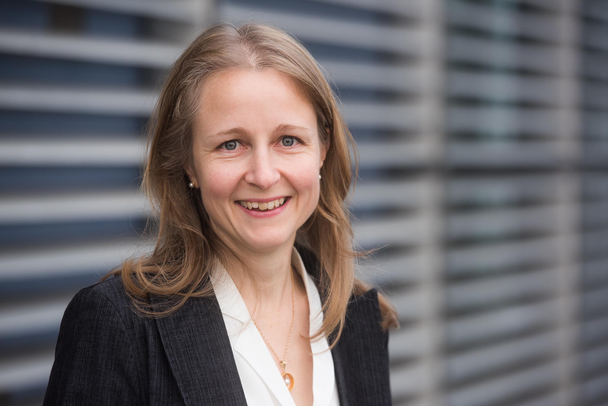
Photo: Klaus Polkowski
The Ministry of Science, Research and Art (MWK) of the state of Baden-Württemberg and the University of Freiburg are supporting five outstanding female researchers. The Brigitte-Schlieben-Lange Program provides funding for female researchers who have one child or more and work towards professorships in fields as diverse as German language and literature and surgery. The program promotes academic qualification initiatives by providing one to two years of employment during the postdoctoral phase. During this time, the researchers can obtain the qualifications they still need for full professorships and prepare applications for follow-up research funding. The program in this way supports combining an academic career with having children. As a rule, the MWK funds half a position while the university finances a further 25 percent.
An electrical engineer and expert on electroactive polymer coatings, Dr. Maria Asplund is a research assistant at the Chair for Biomedical Microtechnology of the Department of Microsystems Engineering (IMTEK) and leads the junior research group BioEPIC at the Cluster of Excellence BrainLinks-BrainTools. Together with her seven-member team at IMTEK, Asplund is working on developing materials that are particularly well suited for use within the human body. In her lab, polymerization reactions and electrolytic deposition produce coatings that are thinner than a micrometer and not harmful to the body, yet are highly conductive and simultaneously able to transport particles. Asplund has used her techniques to make electrodes for long-term use within the brain and for what is known as a lab-on-a-chip system for controlled release of medication. Here, to regulate dosage, a coating of the polymer PEDOT is used as a container which opens when negative voltage is applied and closes again with positive voltage. In addition to an emphasis on research and development, Asplund's lab also specializes in analytic processes for measuring the technical performance and body compatibility of various materials. Among these processes is, for example, the culturing of nerve cells to simulate an organic environment.
Read University of Freiburg's full press release here